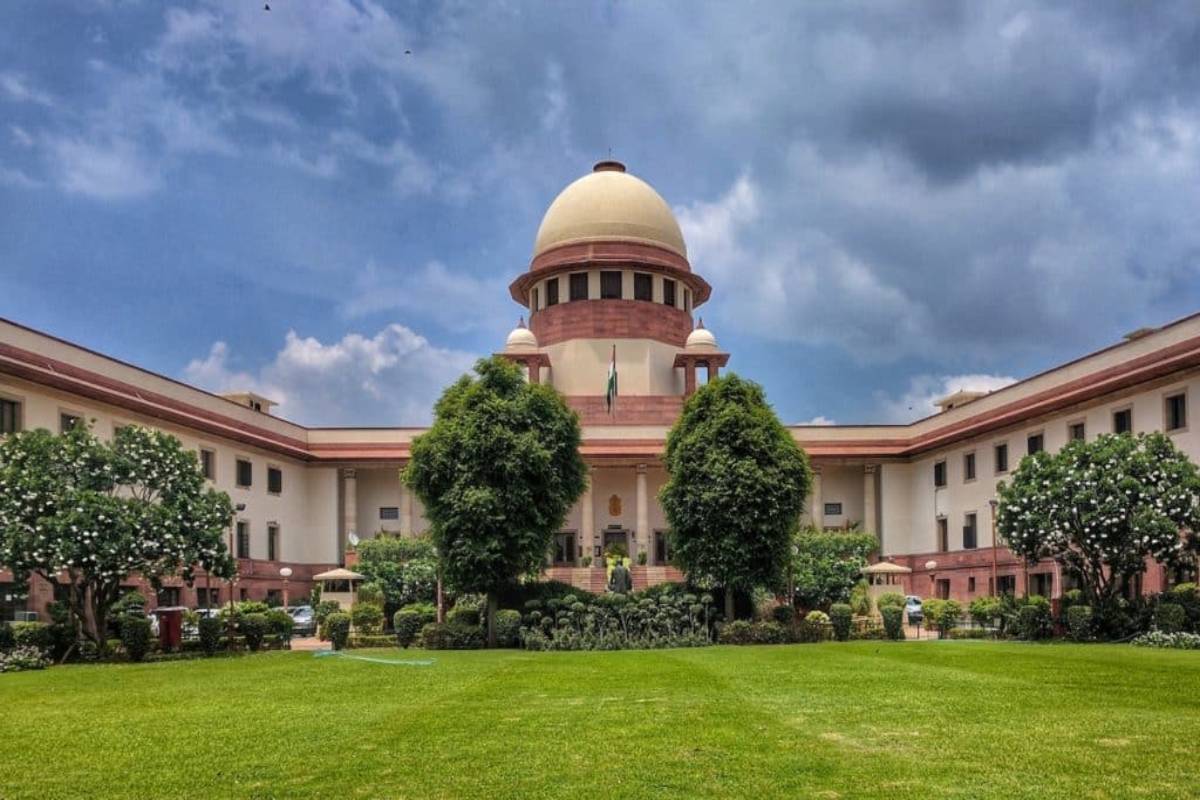Juvenile among two arrested in stabbing case in South Delhi
The teenager was assaulted by the assailants following an altercation, the police said on Friday.
The Supreme Court on Monday denied bail to a juvenile, stating that he was a repeat offender and cannot escape the clutches of law on the ground of his age as he was incorrigible.

Photo: Supreme Court of India
The Supreme Court on Monday denied bail to a juvenile, stating that he was a repeat offender and cannot escape the clutches of law on the ground of his age as he was incorrigible.
Observing that “he is incorrigible! Just incorrigible,” a bench of Justice JB Pardiwala and Justice R Mahadevan noted that the minor has four identical cases against him.
Advertisement
Denying juvenile bail in the fourth case, the bench said, “Let him understand repercussions of his action. In the name of juvenile, he cannot keep looting people. In fact, he should not have been treated as a juvenile. These are serious offenses and every time they are getting away in the name of juveniles.”
Advertisement
In the present case of extortion and criminal intimidation, the juvenile was earlier denied bail by the Rajasthan High Court. He is on bail in three earlier cases.
Noting that the juvenile has been in jail for the last year and eight months, the court said, “We realize he is in custody for one year and eight months. Ultimately if juvenile court holds him guilty, the maximum punishment that can be imposed is three years. However, we are not persuaded to exercise our discretion in his favour.”
Also noting that the charges have been framed against the juvenile, even though witnesses have been summoned, and they have failed to appear before the trial court, the court said, “If witnesses are not turning up, then this has something to do with the right of the petitioner to have a speedy trial. It is for the presiding officer of the juvenile court to take care of this and see that prosecution produces the witnesses.”
Conscious of its decision to deny bail to the juvenile, the court, expediting the trial, ordered: “We grant four months to the trial court to complete the trial and if needed conduct it on a day-to-day basis.”
Advertisement